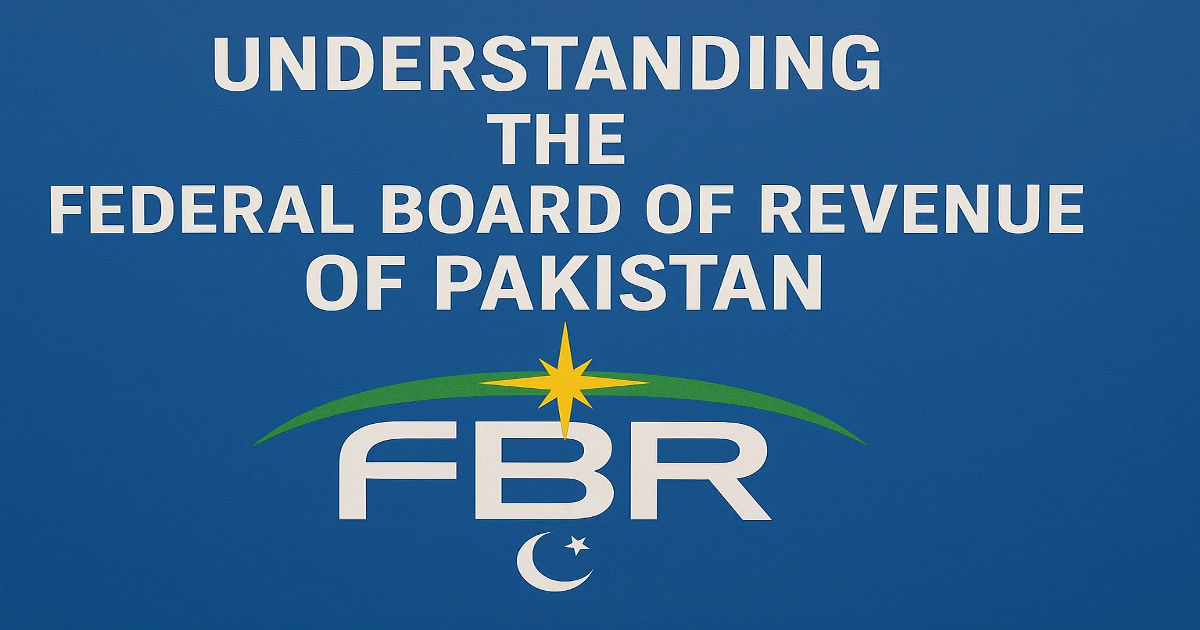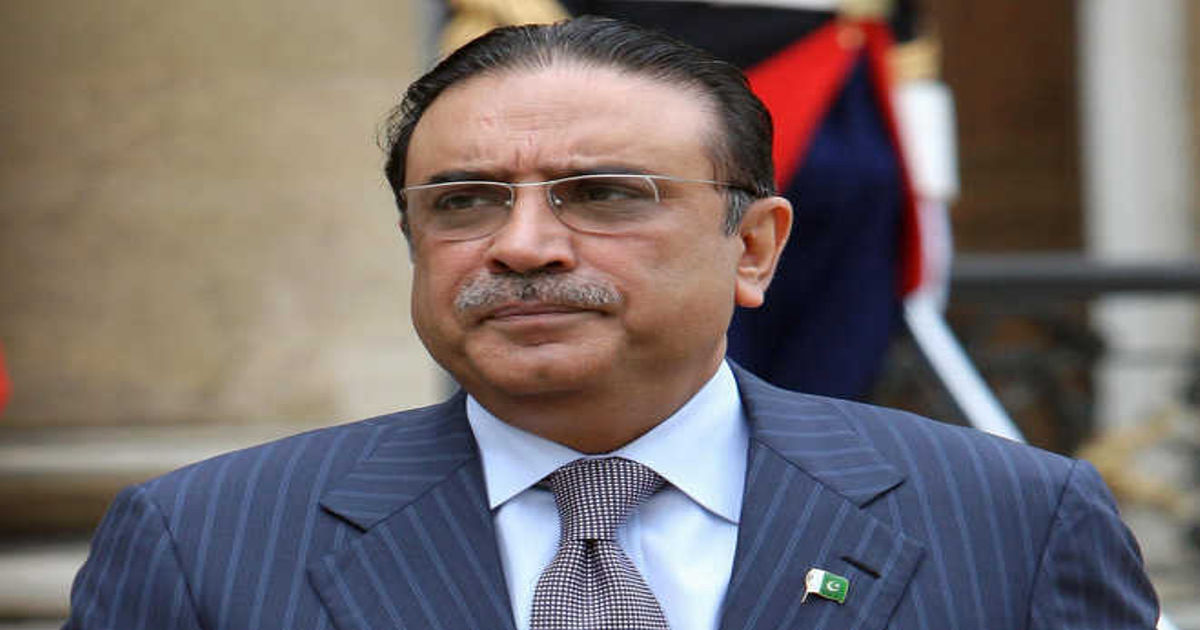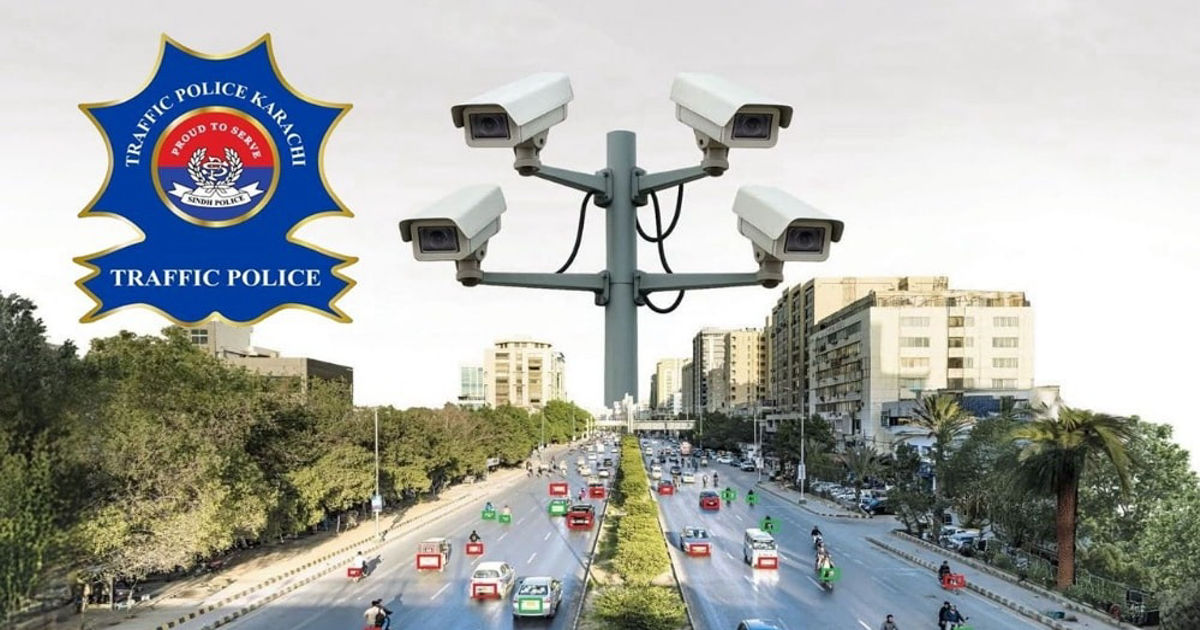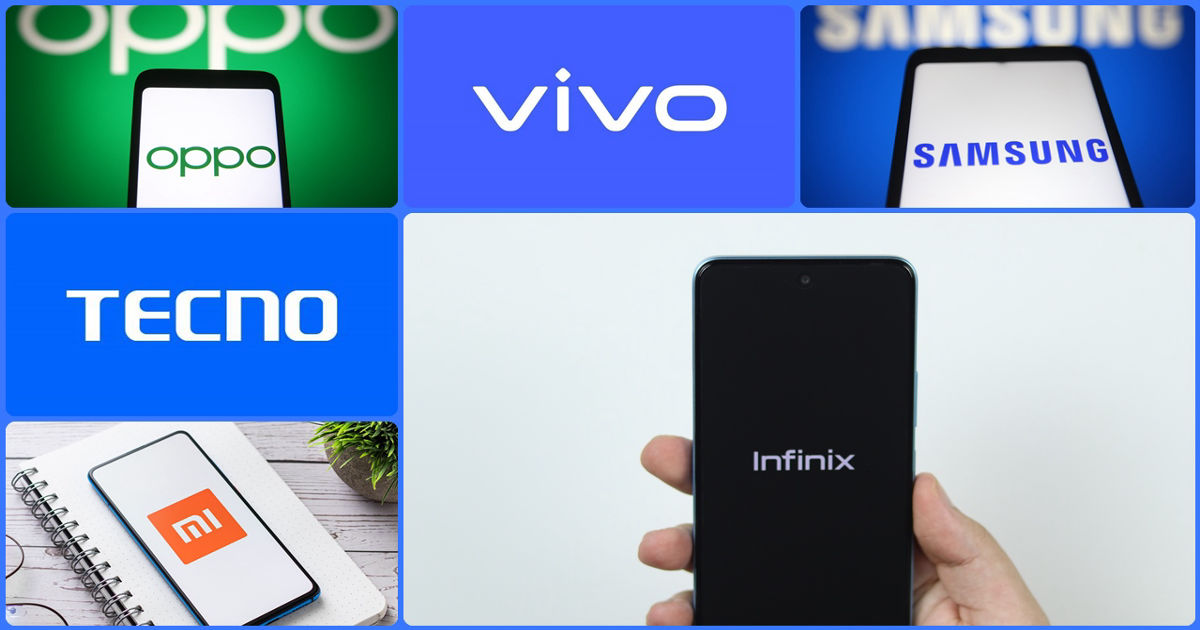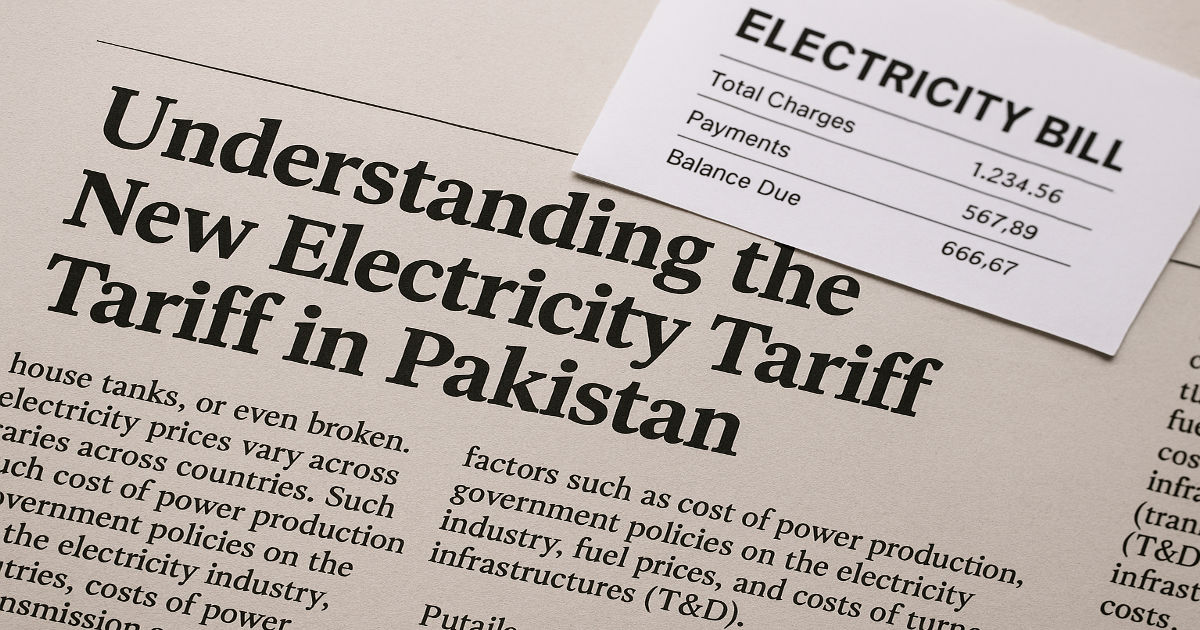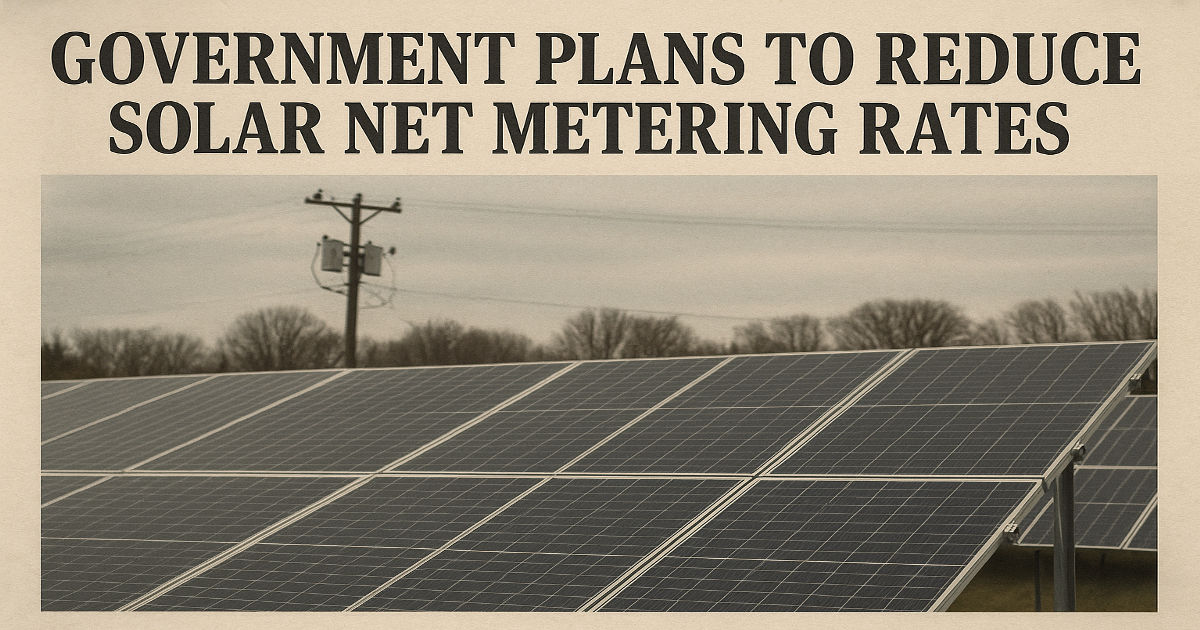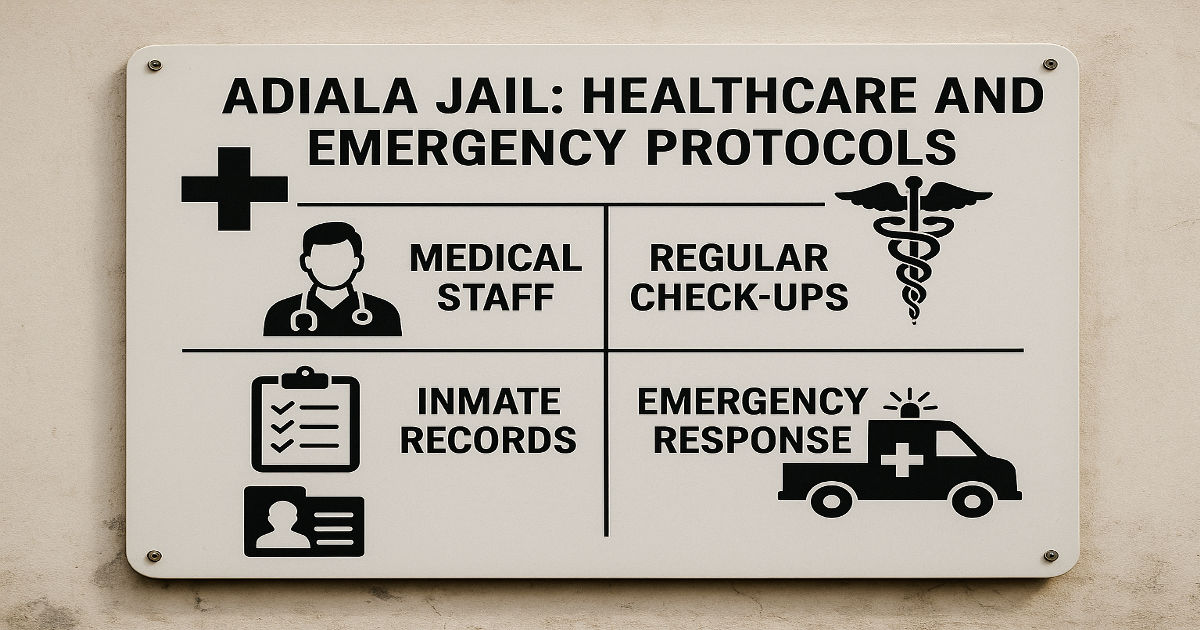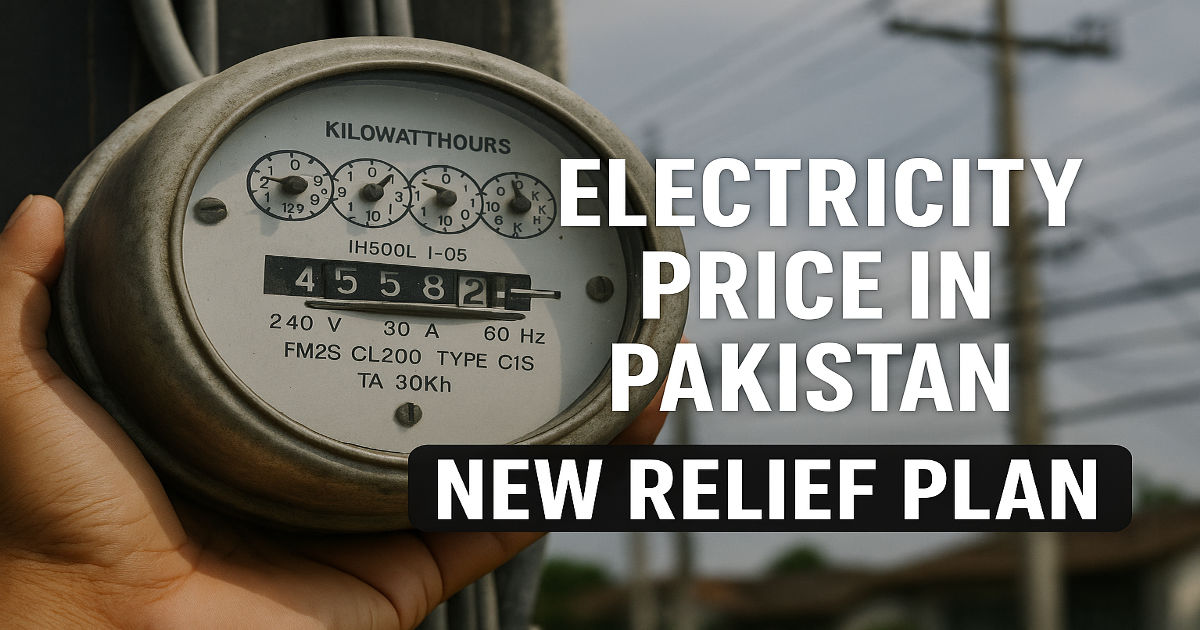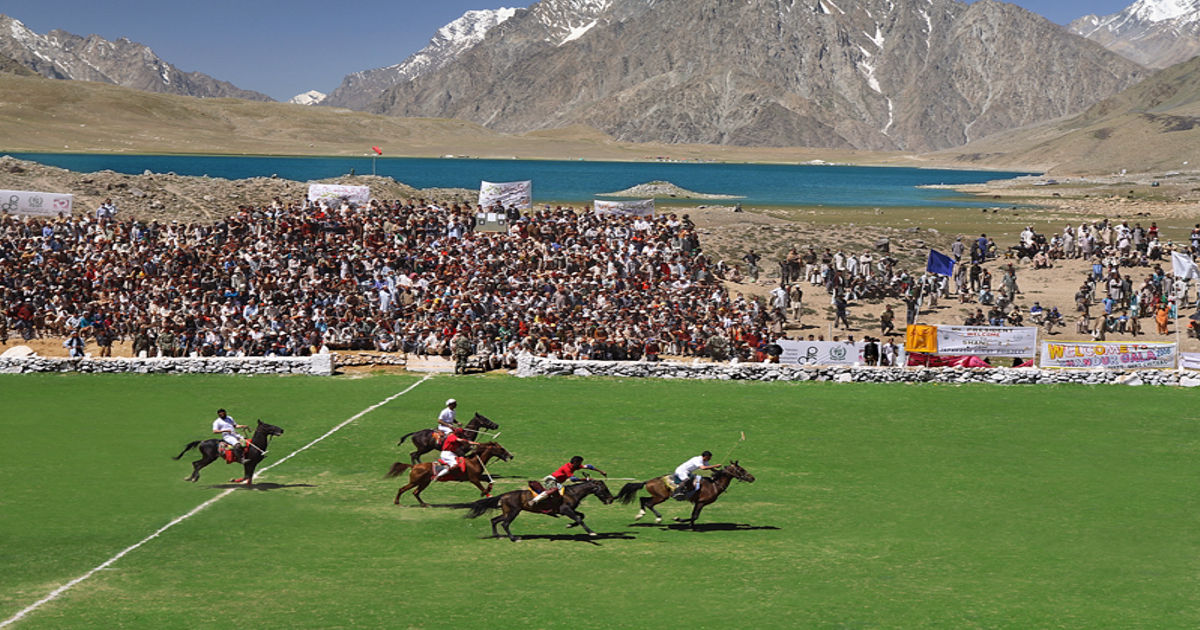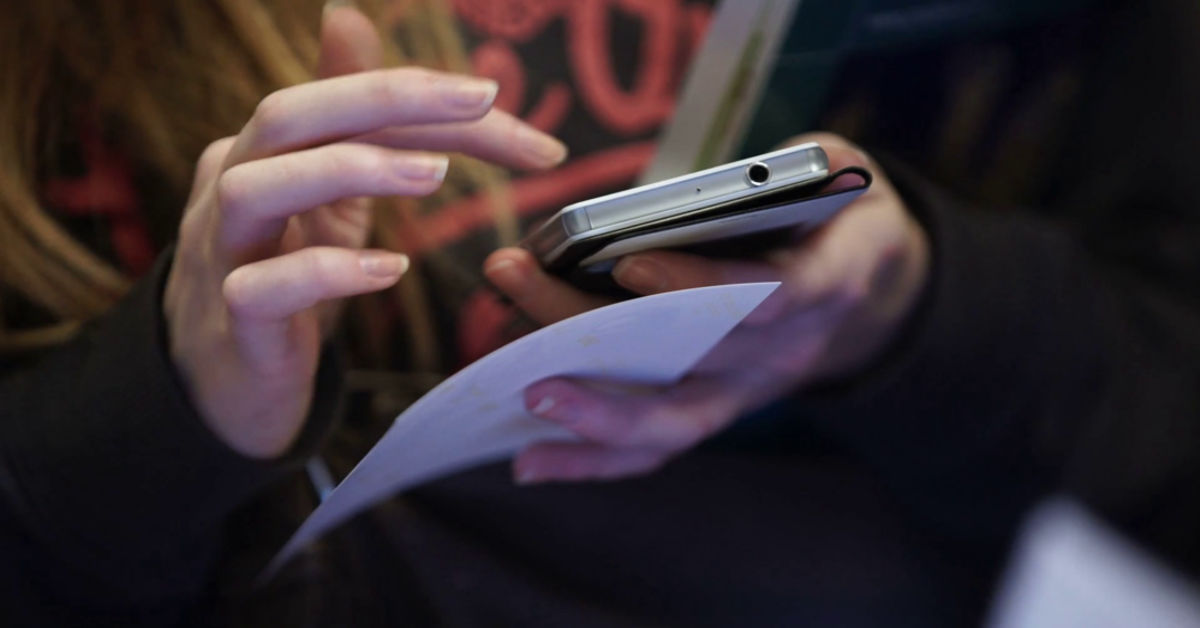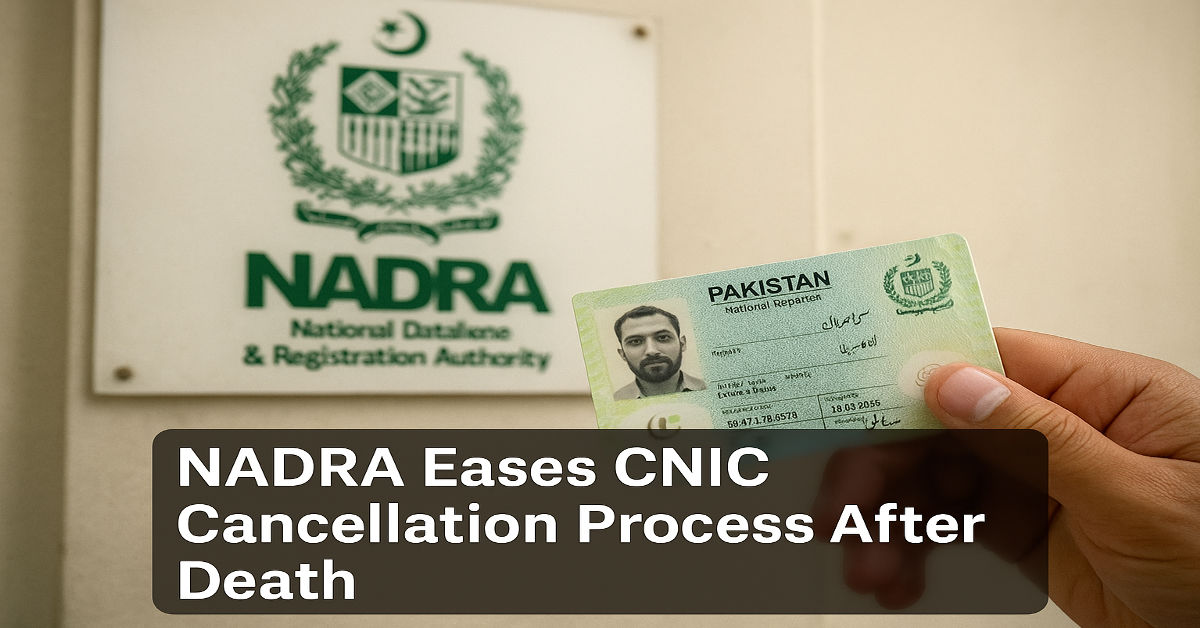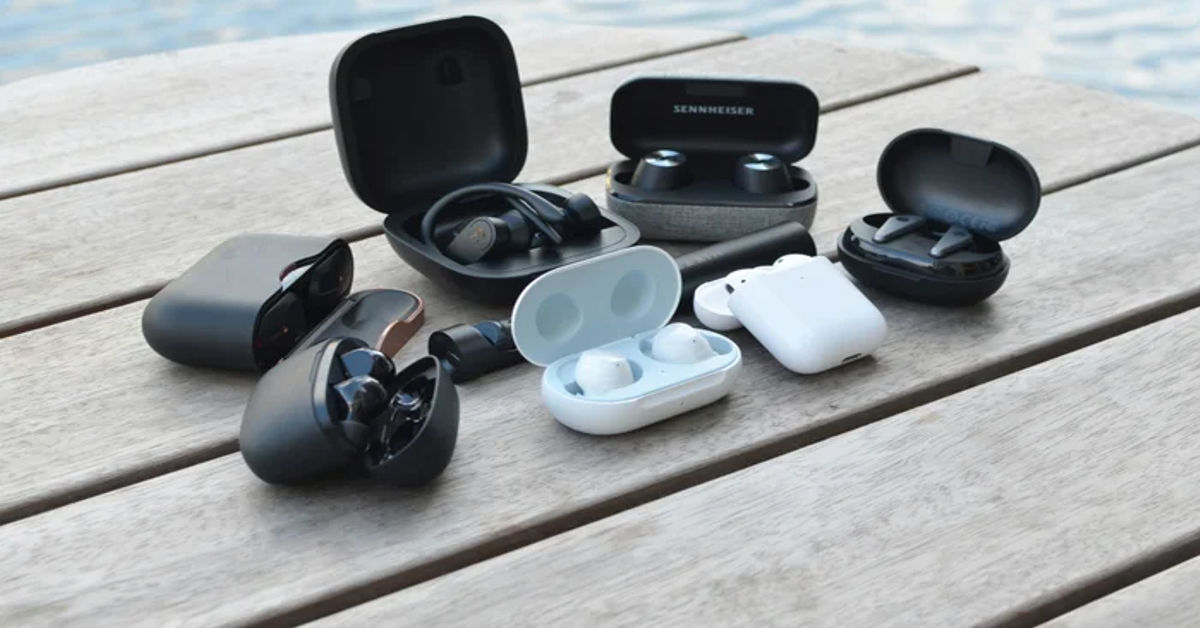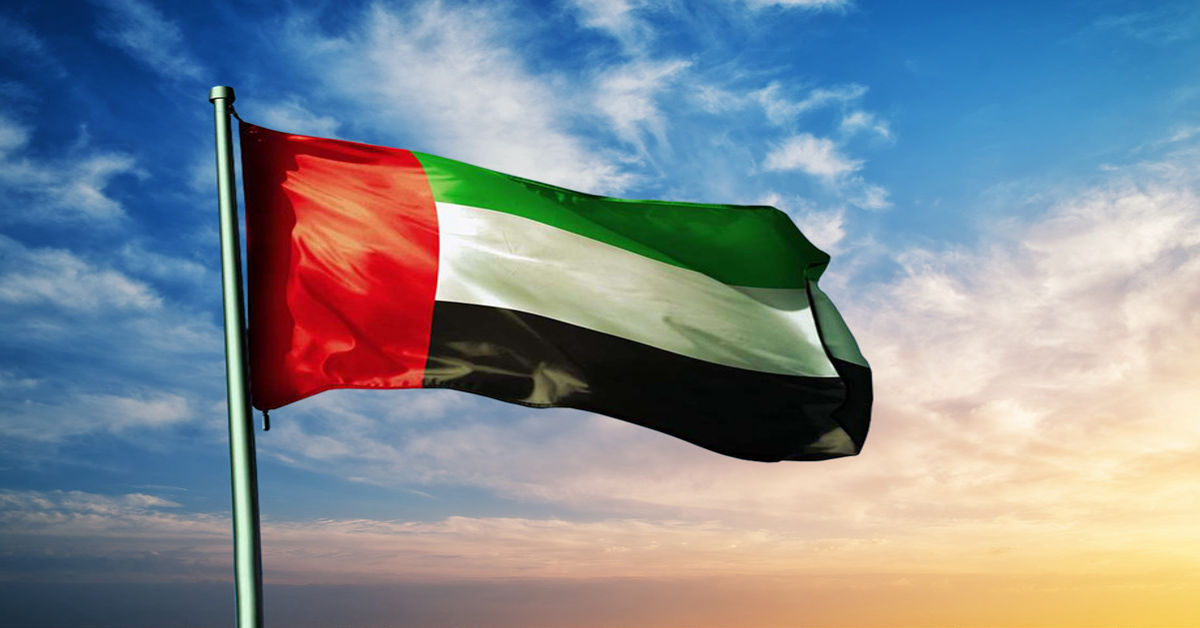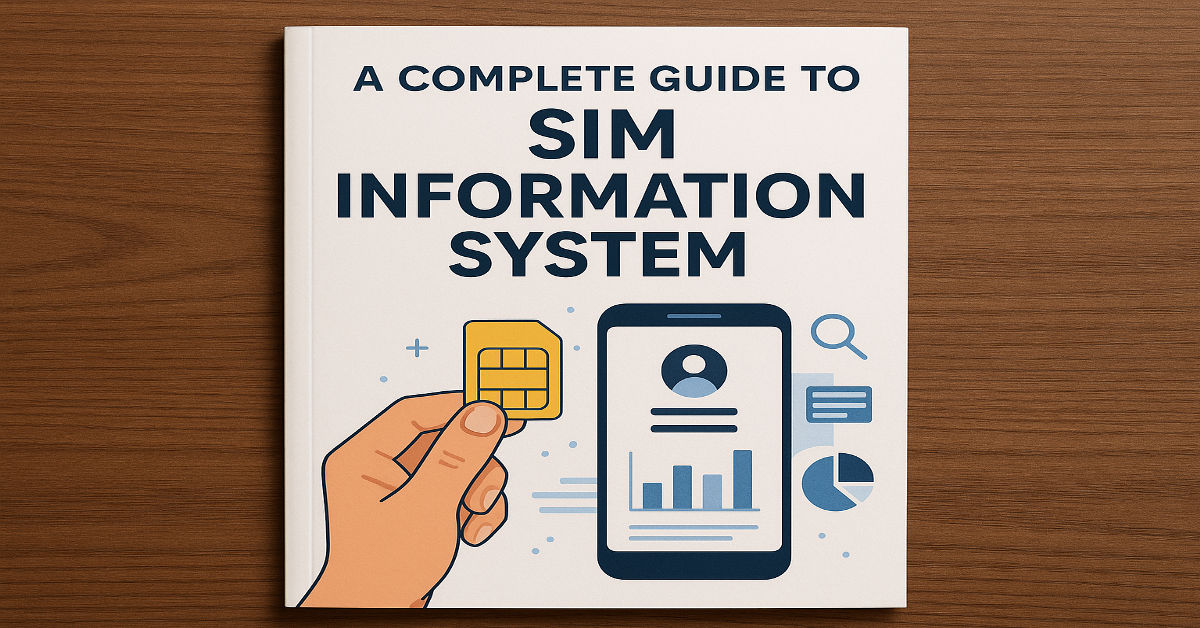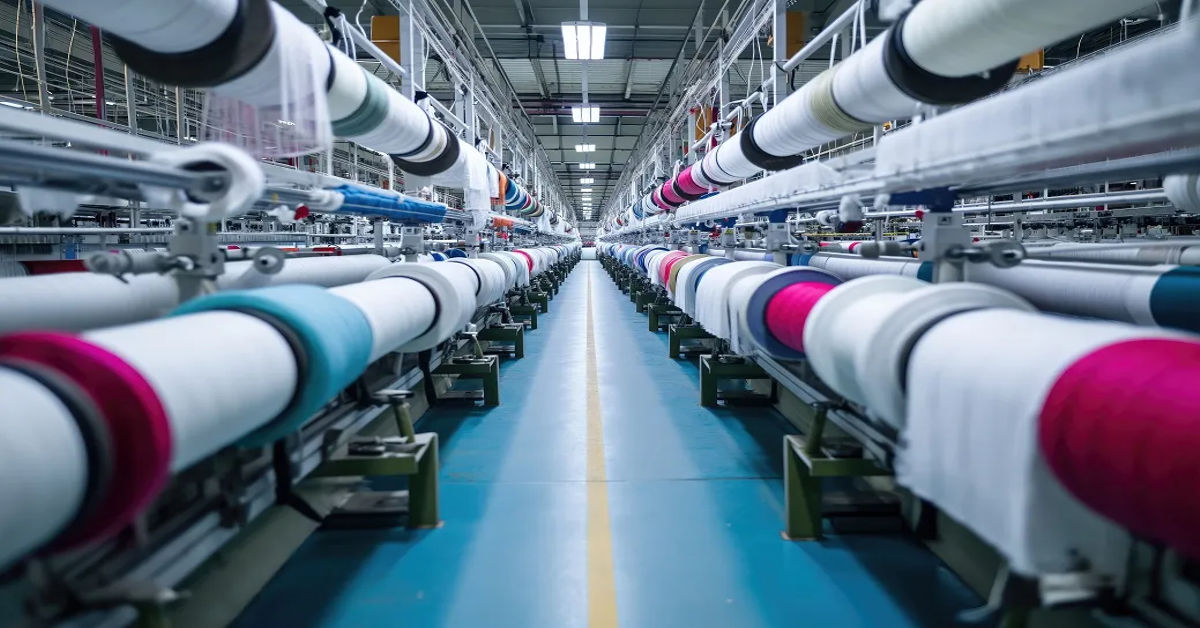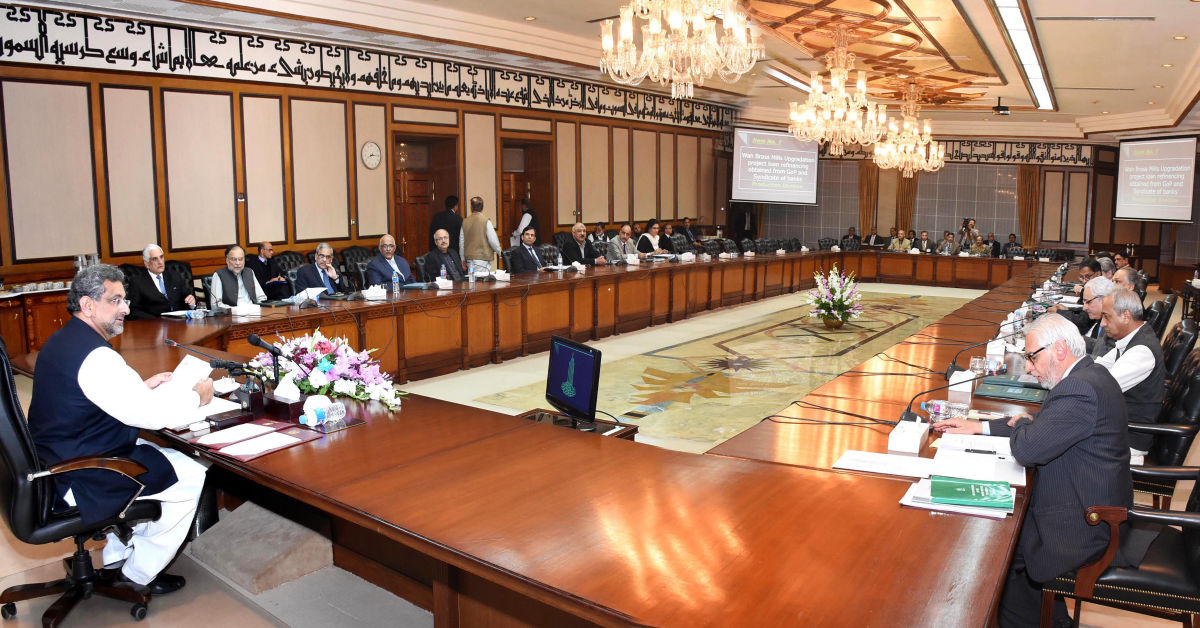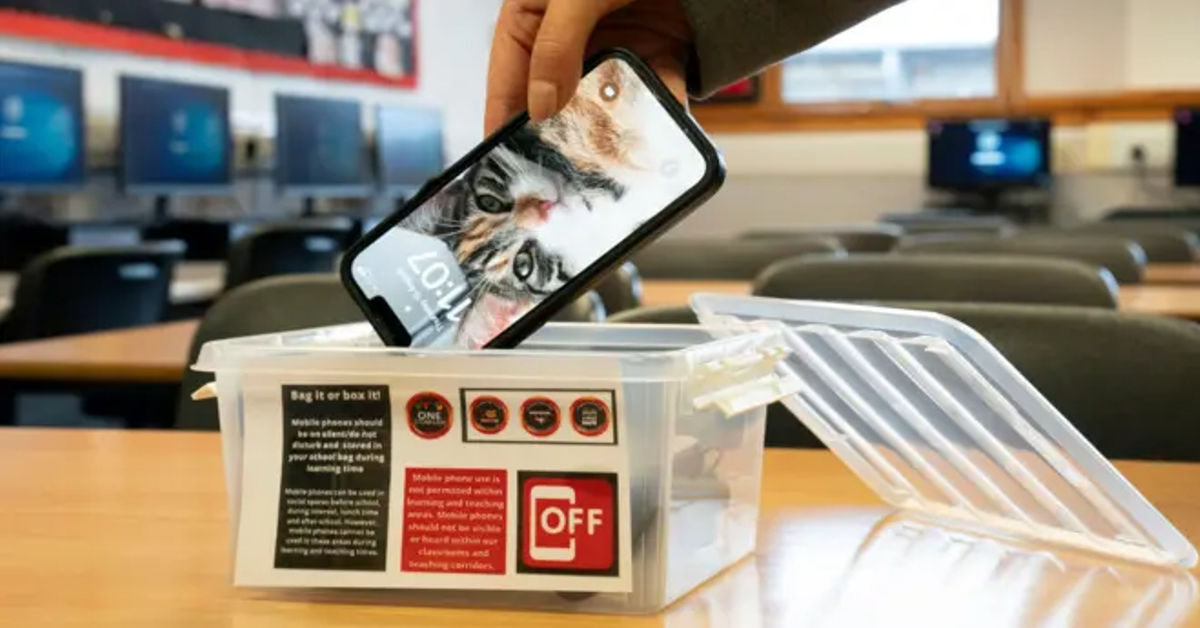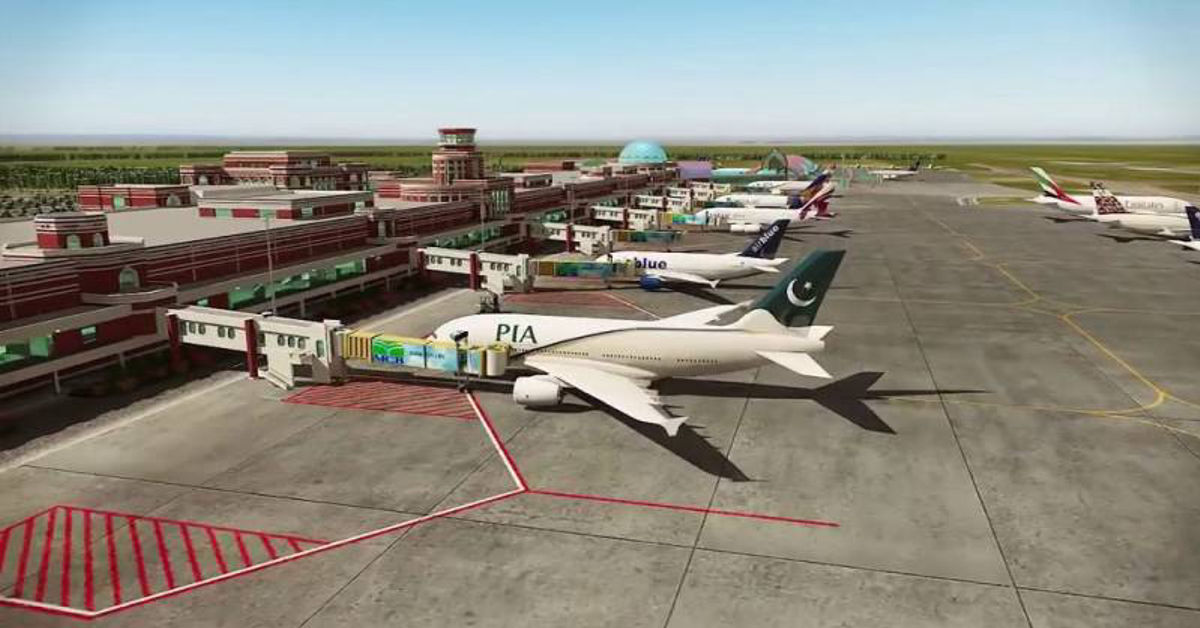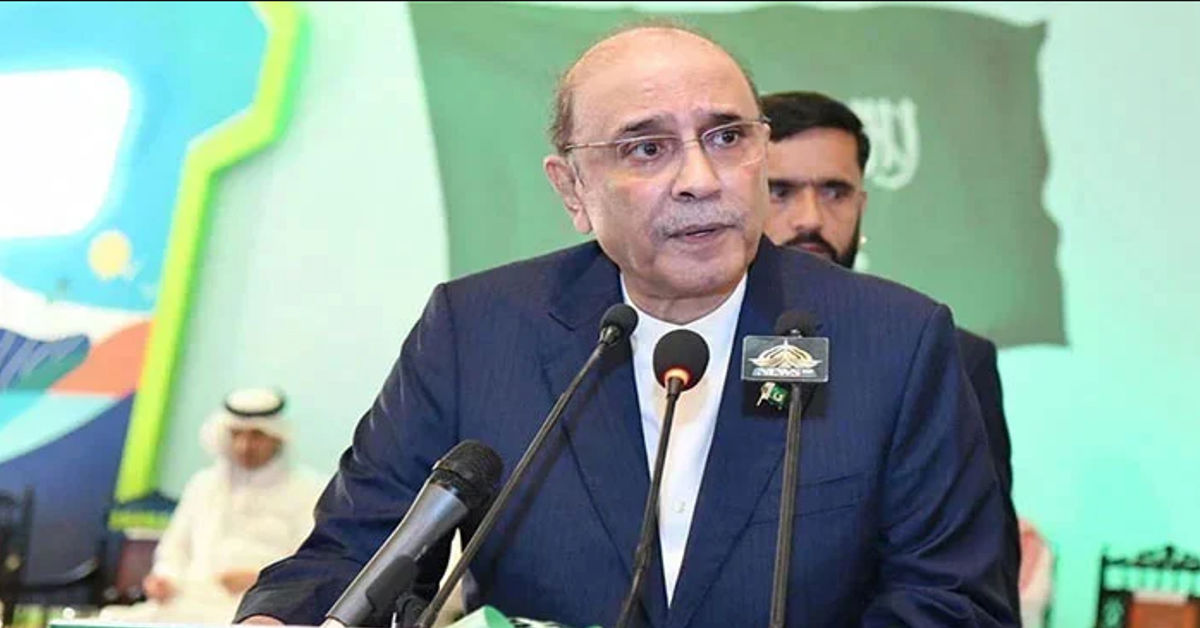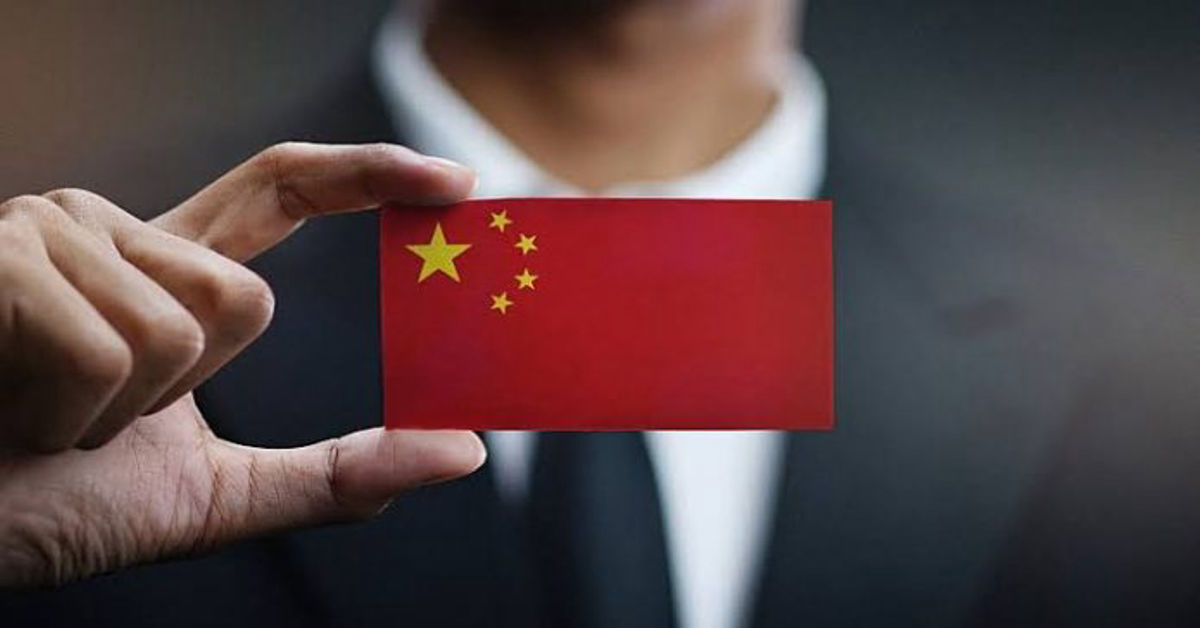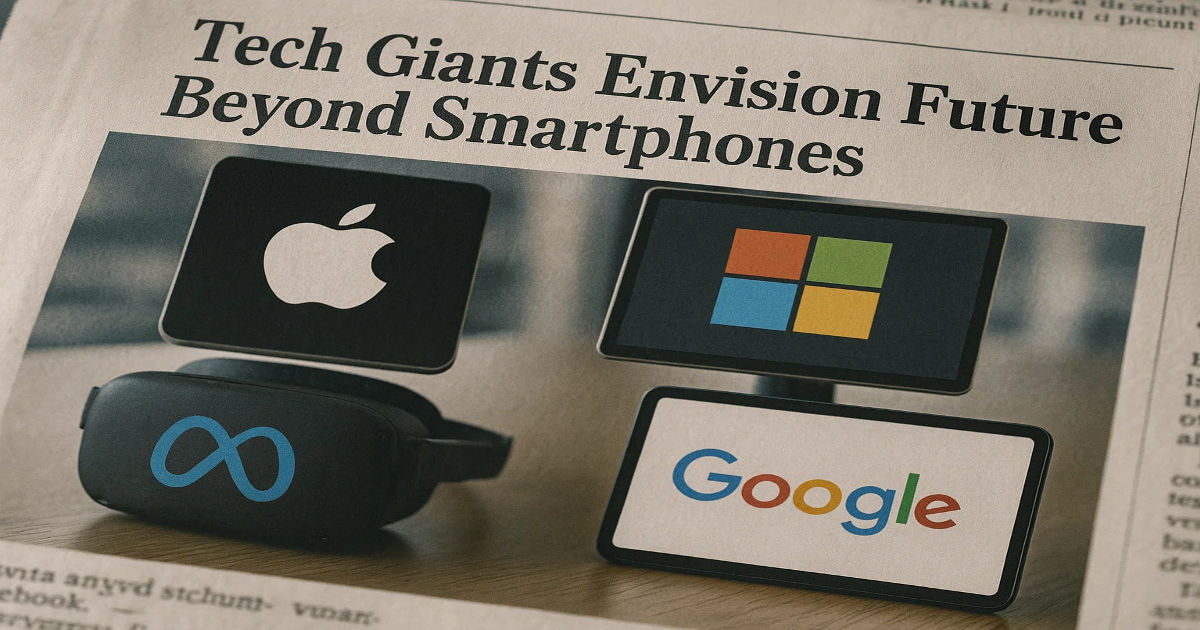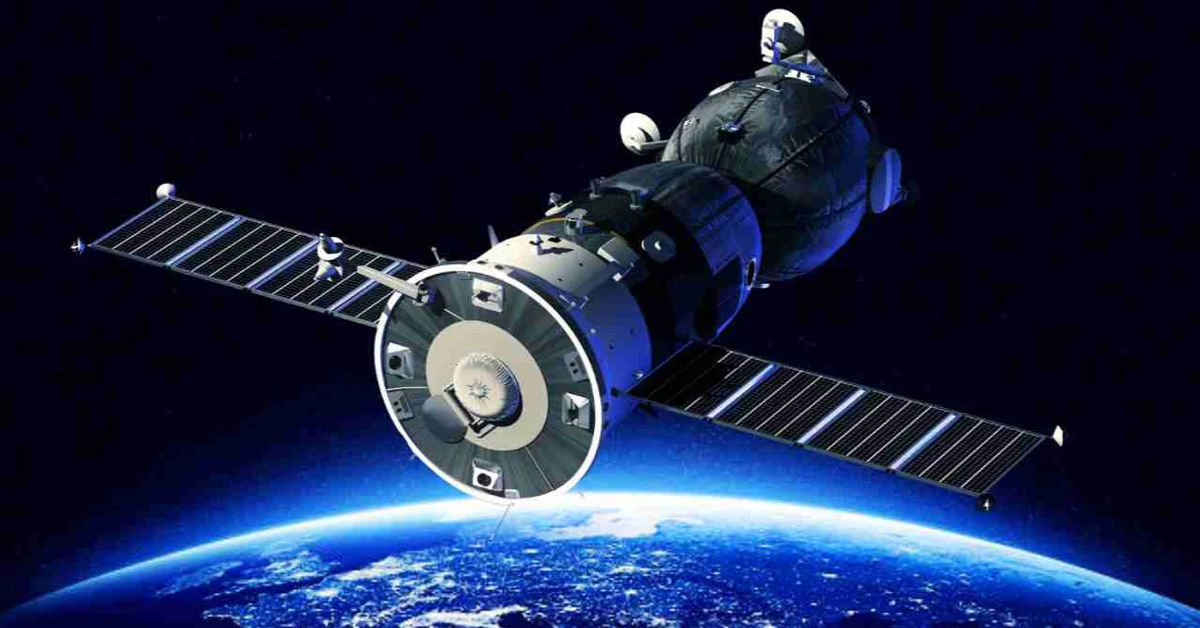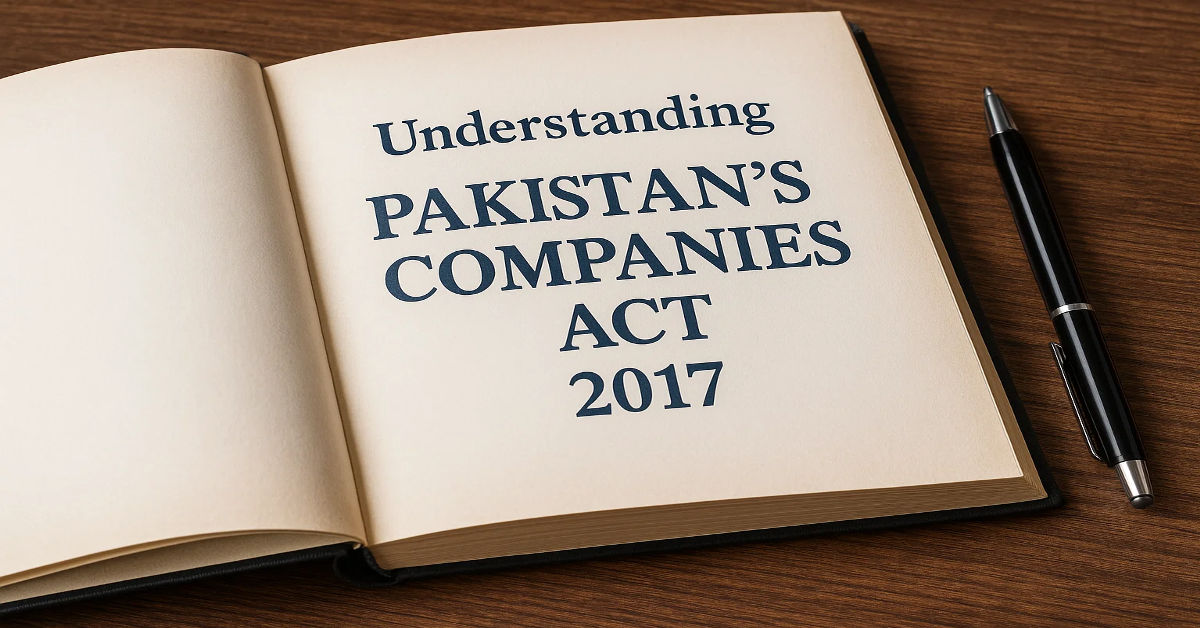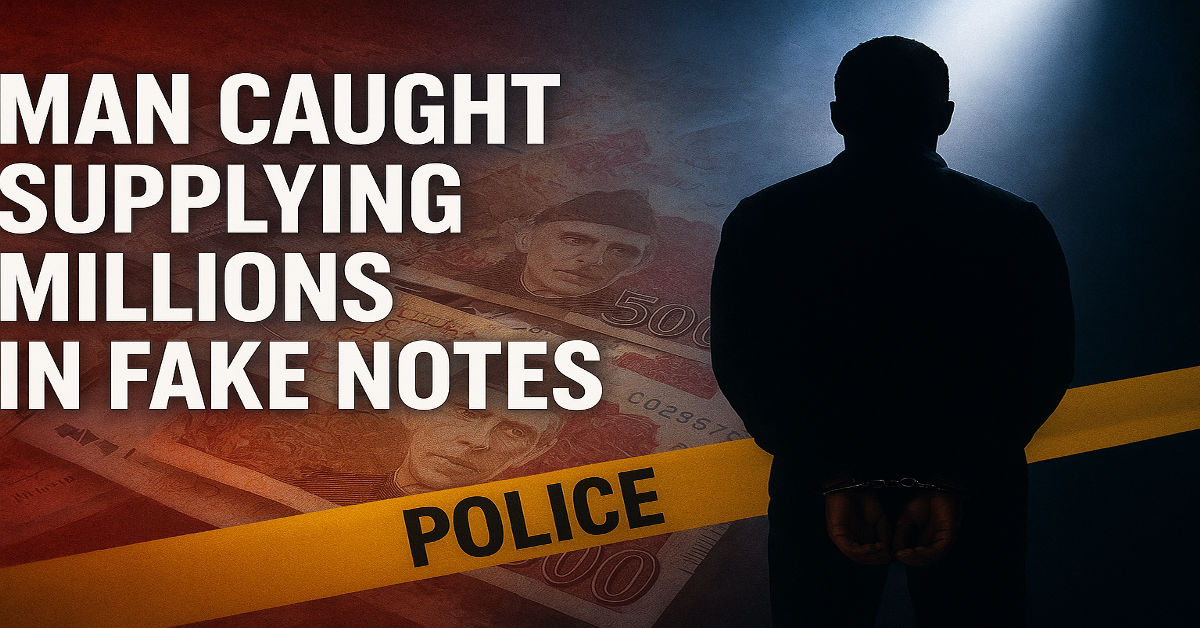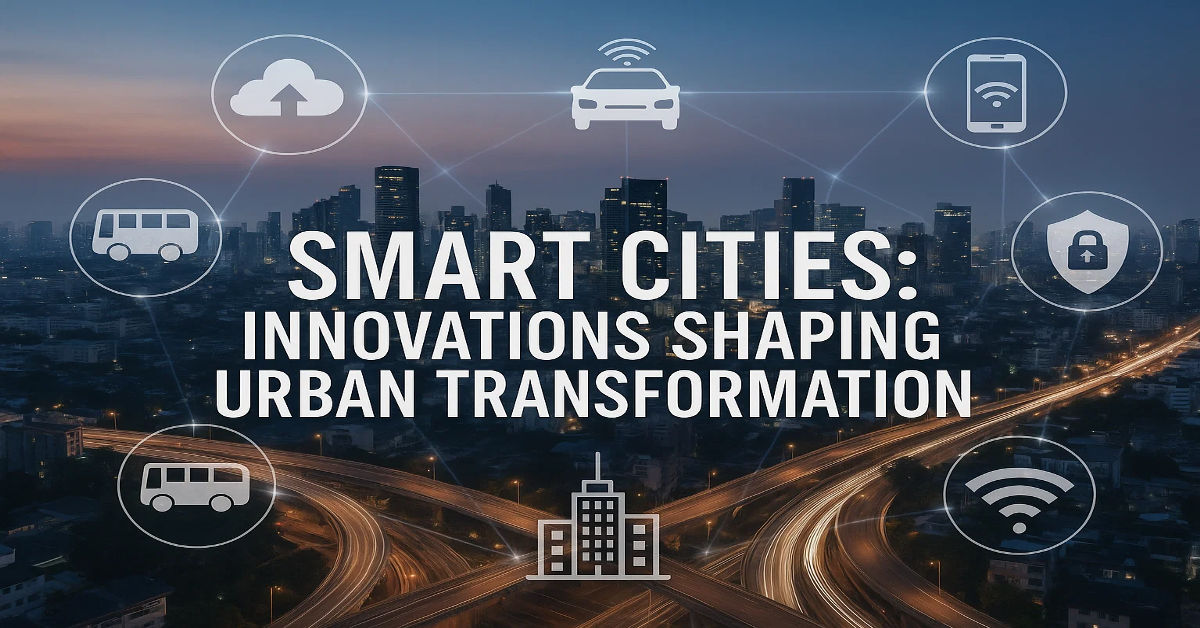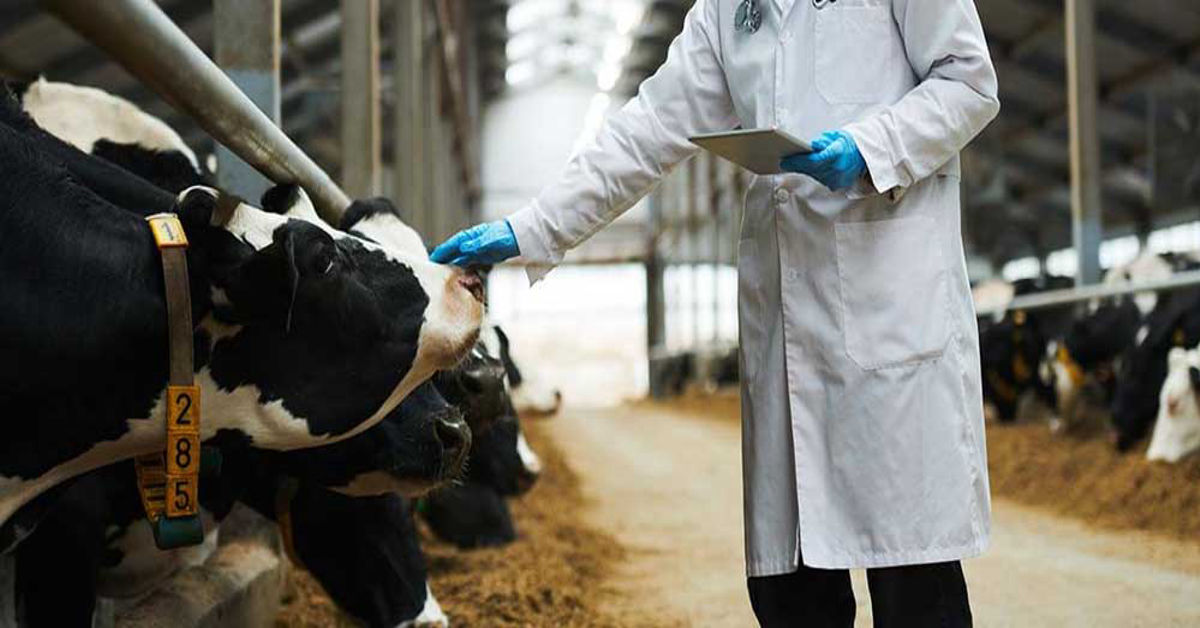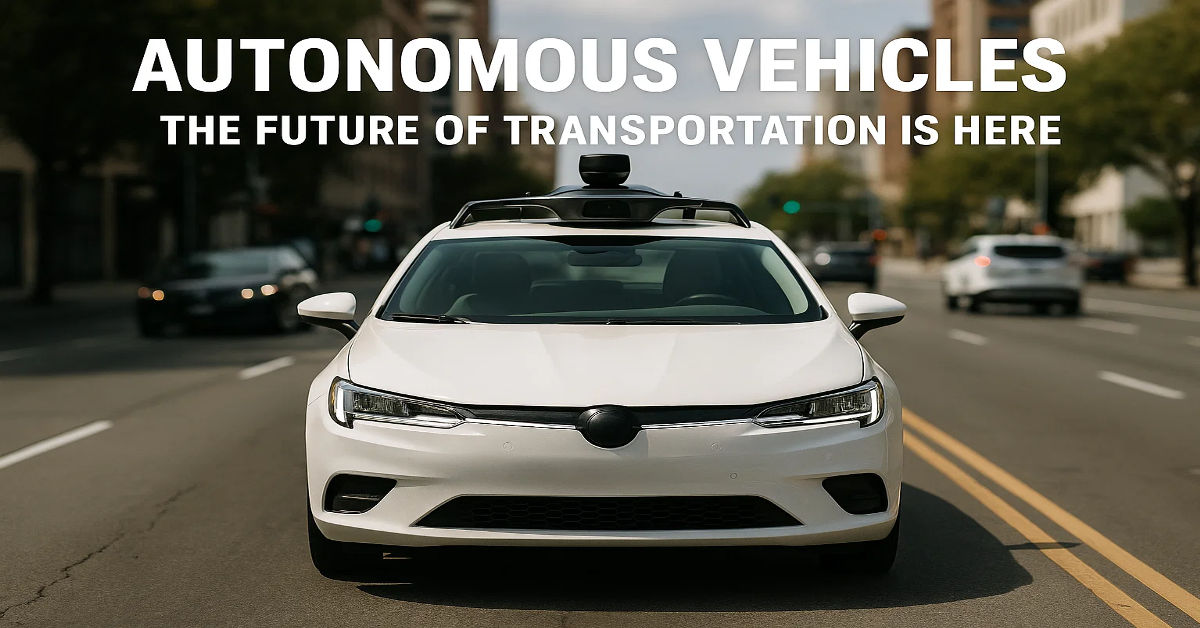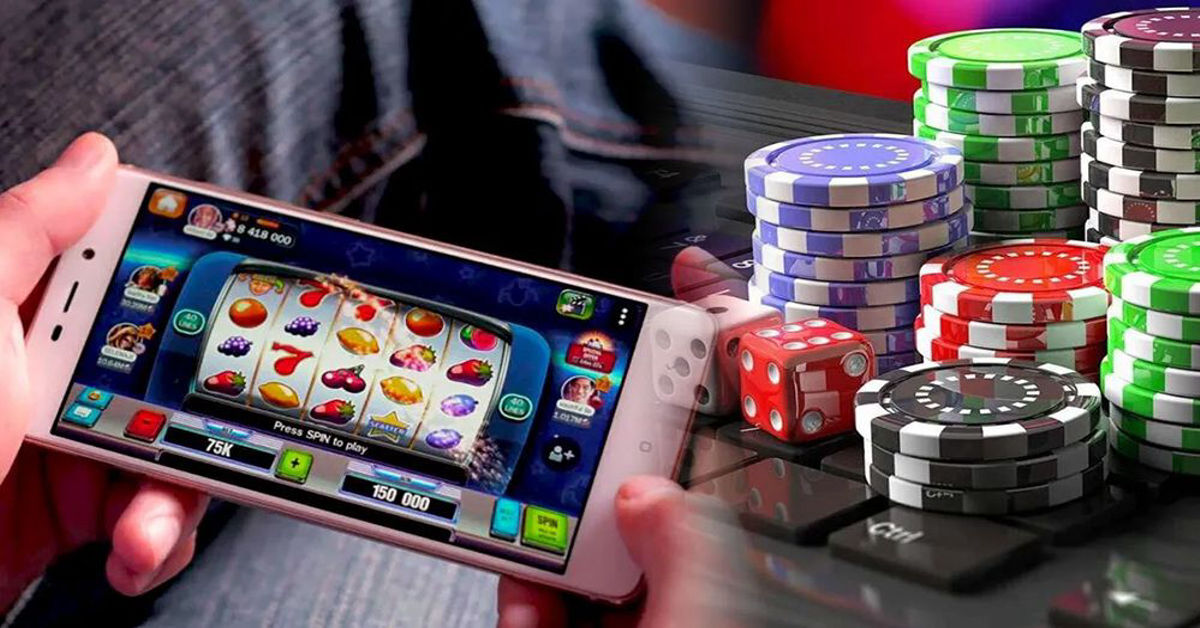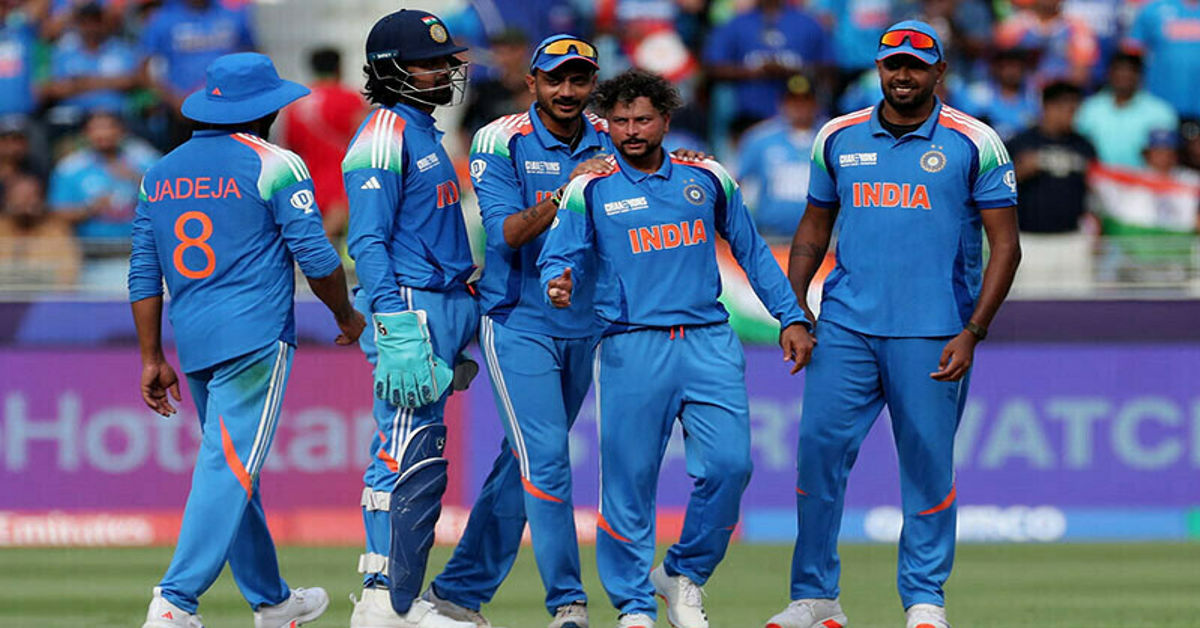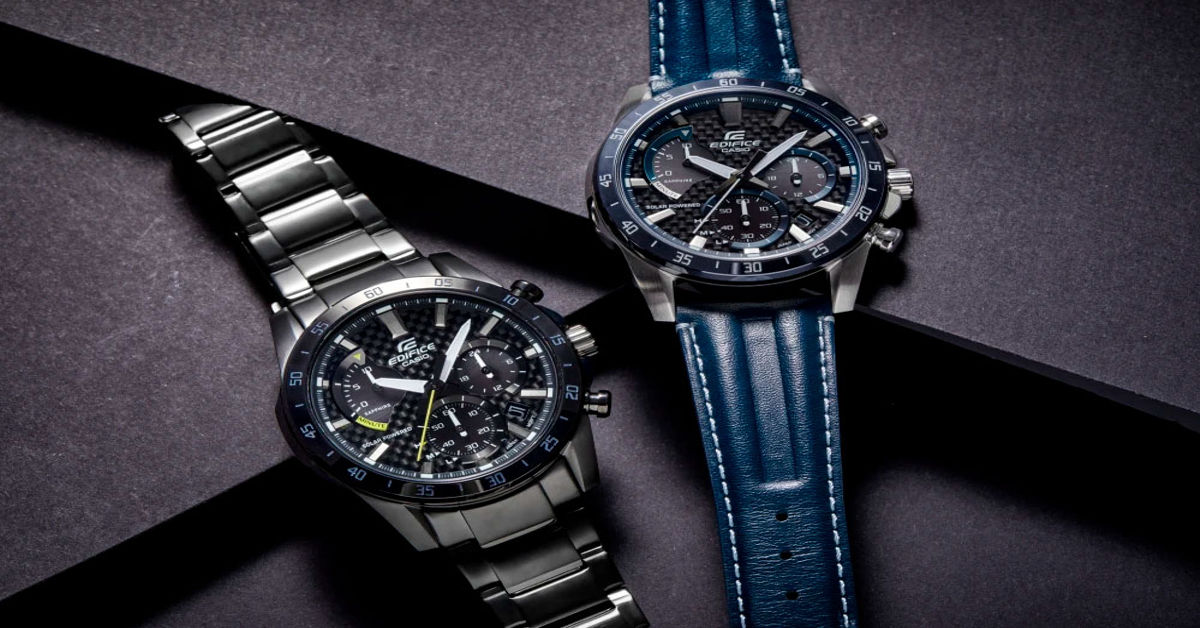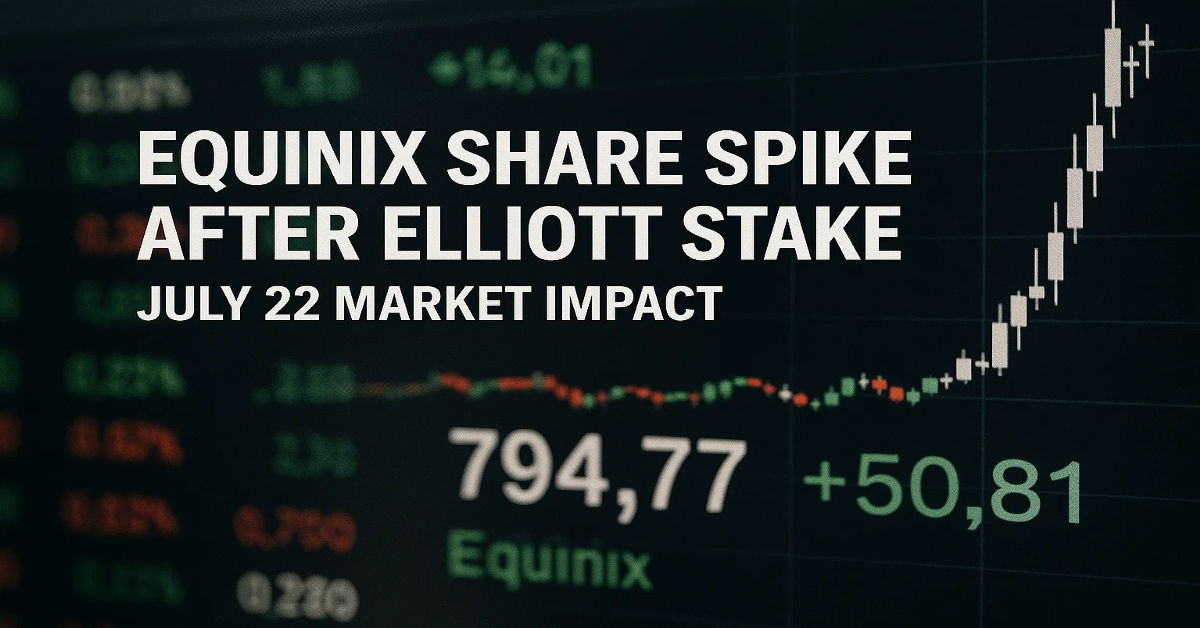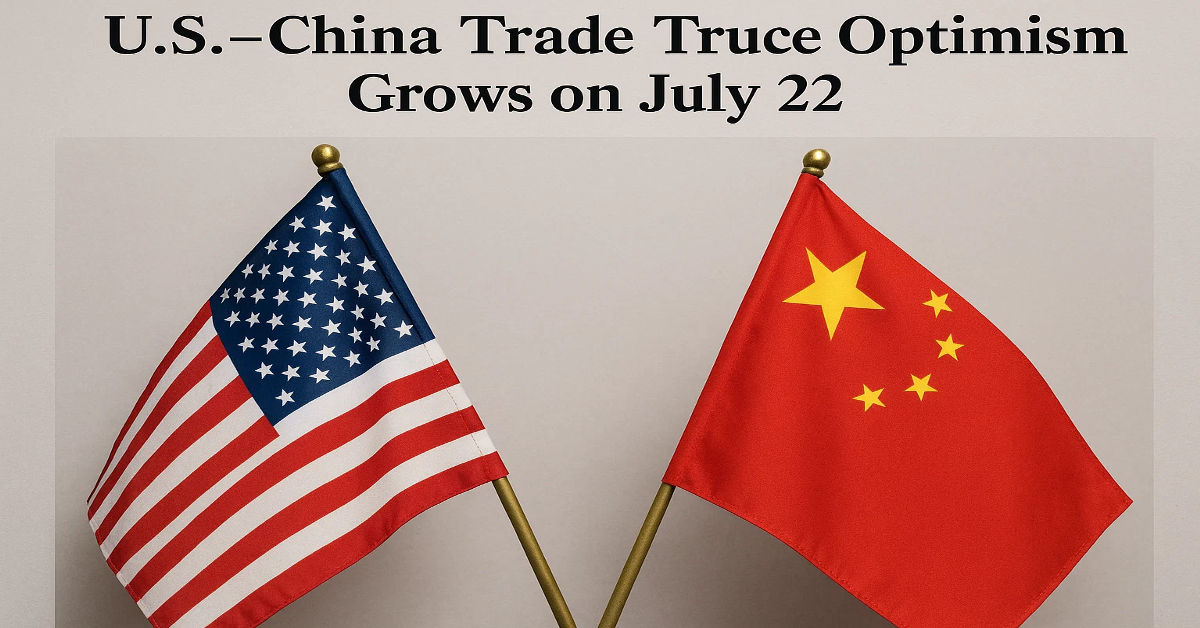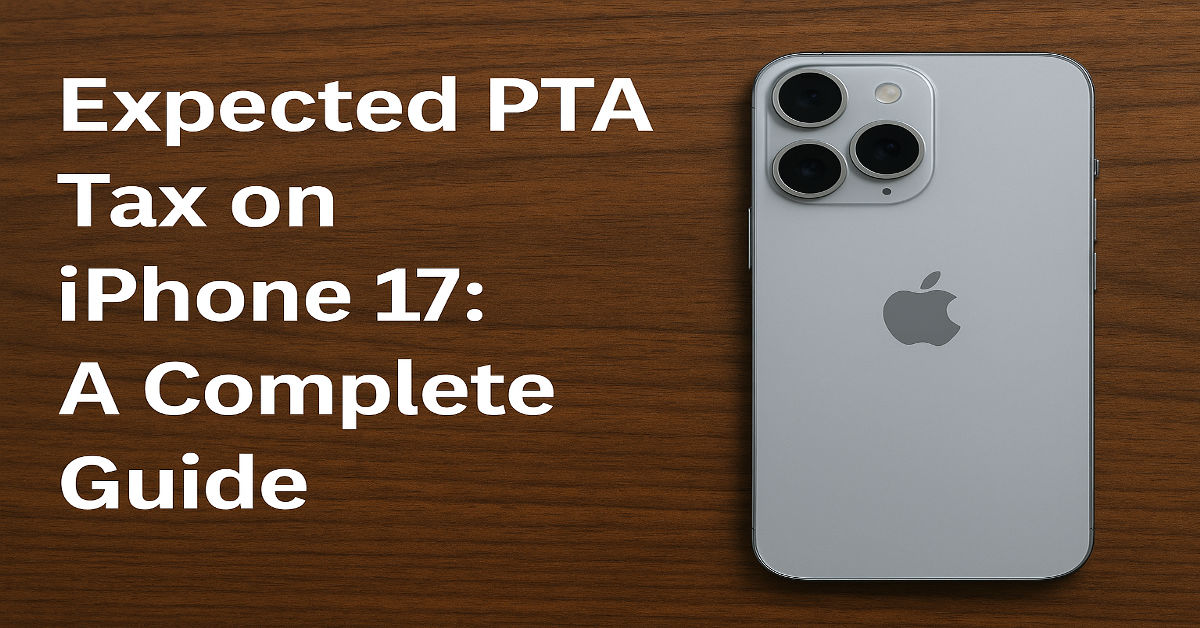
With the launch of Apple’s latest iPhone 17 series, many technology lovers in Pakistan are eager to know how much it will cost to officially register their new devices. The expected PTA tax on iPhone 17 series has been announced, giving clarity to buyers who want to ensure their phones are legally usable in the country. As always, two categories of tax are applied one for passport-based registrations and another for CNIC users. Since these charges significantly influence the final price of the smartphone, they have become an essential factor for buyers to consider before making a purchase.
Breakdown of Taxes on Different iPhone 17 Models
The newly launched iPhone 17 series comes in four models: iPhone 17, iPhone 17 Air, iPhone 17 Pro, and iPhone 17 Pro Max. Each model has a separate tax bracket depending on whether the user registers with a passport or a CNIC. For instance, the iPhone 17 has an expected tax of PKR 129,000 on a passport and PKR 155,000 on a CNIC. Similarly, the iPhone 17 Pro Max, which is the premium model, carries a tax of PKR 183,000 on a passport and PKR 214,000 on CNIC. This difference highlights the preference given to passport-based registrations, which usually cost less compared to CNIC-based ones.
Why Taxes Are Higher on CNIC Registrations
One major point of discussion around the expected PTA tax on iPhone 17 series is the difference between passport and CNIC tax rates. Buyers registering with CNIC always face higher charges, which can make a big difference in the final cost of the device. For example, a person registering an iPhone 17 Pro with a CNIC will need to pay PKR 211,000, while on a passport, it is PKR 173,000. Experts believe that this system is designed to encourage international travelers to bring devices under a slightly more affordable tax scheme while discouraging misuse of local registrations.
Why PTA Imposes Taxes on Smartphones
The Pakistan Telecommunication Authority (PTA) imposes these taxes mainly to regulate the mobile phone market, discourage smuggling, and encourage the purchase of legally imported devices. Over the past few years, this policy has helped reduce the influx of unregistered phones and improved government revenues. However, critics argue that while the purpose is valid, the rising amounts of these taxes make high-end smartphones like the iPhone 17 series less affordable for the general population. This creates a debate on whether the balance between regulation and affordability has been achieved.
Impact of Taxes on Consumers
For the average smartphone buyer in Pakistan, these taxes translate into significantly higher costs. For instance, someone buying an iPhone 17 Pro Max will not only have to cover the device’s international retail price but also the PTA registration fee, which could push the overall cost well beyond PKR 600,000. This makes it difficult for many middle-income buyers to afford the latest iPhones, limiting their availability mostly to affluent users, tech professionals, and enthusiasts who are willing to spend large amounts to own the latest gadgets.
Market Demand Despite High Taxes
Interestingly, even with the expected PTA tax on iPhone 17 series being so high, demand for Apple devices in Pakistan remains strong. Each year, when a new iPhone is launched, local buyers show significant interest, with many placing pre-orders through international contacts. This shows the aspirational value of iPhones in Pakistan’s tech culture. While affordability is a challenge, the iPhone’s reputation for quality, innovation, and status appeal keeps it in demand across different buyer groups.
Comparison with Previous iPhone Series
Looking back at the tax trends for earlier models such as the iPhone 15 and iPhone 16, it is evident that registration costs have gradually increased. For example, the iPhone 16 Pro Max carried a lower PTA tax compared to the iPhone 17 Pro Max. This steady rise has created concerns among consumers that each new release will come with an even heavier financial burden. However, industry analysts point out that as the dollar exchange rate and government policies fluctuate, these taxes are often adjusted to match the economic situation of the country.
Expert Opinions on Rising PTA Taxes
Industry experts have mixed views on the situation. On one hand, they recognize that regulating the market is essential to prevent smuggling and promote official channels. On the other, they believe that overly high taxes limit technology access for ordinary people, widening the gap between those who can afford premium devices and those who cannot. Some suggest that a balanced tax structure should be implemented, one that secures government revenue but still keeps advanced smartphones within reach of more people.
Conclusion
The expected PTA tax on iPhone 17 series has once again highlighted the challenge of affordability in Pakistan’s smartphone market. While the system helps control smuggling and supports legal imports, the rising costs remain a big hurdle for average consumers. Despite this, Apple’s iPhone continues to enjoy unmatched popularity, especially among professionals and tech enthusiasts who value innovation and brand prestige. As the debate over balancing regulation with affordability continues, buyers will need to carefully evaluate whether the latest iPhone is worth the significant extra cost in taxes.
FAQs
Q1: What is the expected PTA tax on iPhone 17 in Pakistan?
The expected tax is PKR 129,000 on passport registration and PKR 155,000 on CNIC registration.
Q2: Why are taxes higher on CNIC compared to passport?
Taxes are higher on CNIC to encourage overseas travelers to bring devices under a more affordable tax bracket and to discourage misuse of local registrations.
Q3: Can I use an iPhone 17 without paying PTA tax?
No, the phone must be registered with PTA to work with local networks in Pakistan.
Q4: Why does PTA impose taxes on imported phones?
The taxes are meant to regulate the market, discourage smuggling, and ensure government revenue from legal imports.
Q5: Will iPhone 17 still be popular despite high taxes?
Yes, demand remains strong in Pakistan due to the iPhone’s status symbol and advanced features, though affordability remains a major concern.


